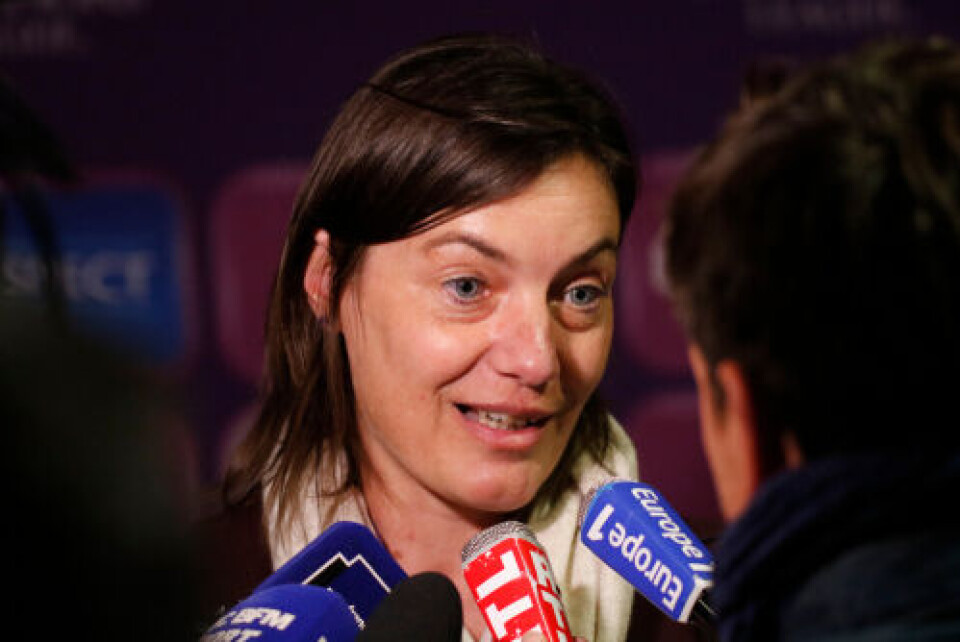-
Dates 2026: Family allowance payments and other French benefits
The payment date varies if it falls on a weekend
-
Dordogne villages suffer burglaries: How to protect your property
A series of break-ins have been reported over the Christmas period
-
‘It’s the place we are happiest’: George Clooney and family become French
‘My kids have a much better life [and] speak perfect French’, the Hollywood star says
France’s female football manager sacked after rift with key players
Corinne Diacre was fired after her relationship with players ‘had reached the point of no return’, said the French football federation

The manager of France’s female football team was sacked on March 8 after several stars refused to play under her leadership.
Corinne Diacre was relieved of her duties because a rift with key players “had reached the point of no return”, the French football federation (Fédération Française de Football) said in a statement.
Ms Diacre played for the national team between 1999 to 2005, including as captain. She became the manager in 2017. But her spell in charge has been mired in controversy amid criticism of her management style.
Why did key players refuse to play for Diacre?
Ms Diacre’s sacking comes after several key players, including captain Wendie Renard, Marie-Antoinette Katoto and Kadidiatou Diani published a statement that criticised the “French system”.
Ms Renard said that she was taking a break from the team “to preserve my mental health” and that she could not continue to play “under these conditions”, while Katoto and Diani later also said that they would no longer play for France under Ms Diacre, citing her “management” as the driver behind their decision.
Merci pour votre soutien et le respect de ma décision. 🇫🇷 pic.twitter.com/MOryINwvb0
— Wendie Renard (@WRenard) February 24, 2023
Until Thursday (March 8), Ms Diacre had said that she was the victim of a “smear campaign” and said she was “determined to carry out my mission, and above all, do France proud at the next World Cup”.
However, the FFF said that its commission’s decision was final. The commission will now need to select a new head coach for the French women’s team “in the briefest of timeframes”, the FFF said.
The Women’s World Cup starts in Australia and New Zealand on July 20 and is set to last until August 20.
The change, the FFF said, was part of its “new global mission…in favour of the development of women’s football, and the performance of the French team, which must reach ambitious objectives during the 2023 World Cup”.
The committee also said that the way that the players had expressed their criticisms (including on social media) was “not acceptable”, and said that it would work with the future new head coach to create a new complaints process for any future similar issues.
Related articles
Explainer: What is France’s Assemblée nationale and how does it work?
French MP faces suspension over ‘racist’ comment in Parliament
























